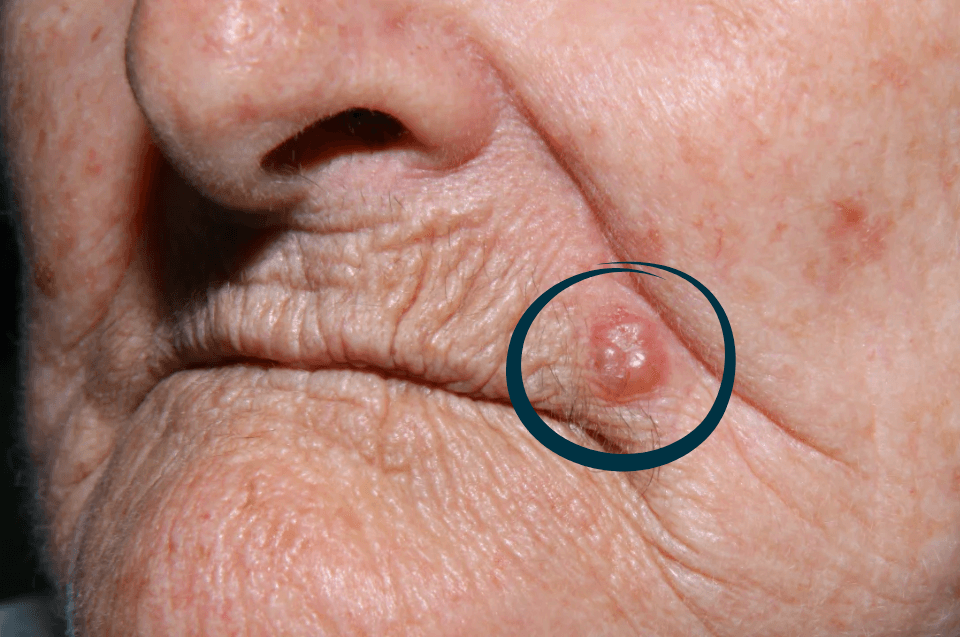The 10 Most Common Diseases in Brazil and How to Prevent Them
Brazil is a country with continental dimensions and considerable climate diversity. These characteristics, combined with socioeconomic factors, contribute to the presence of various diseases in different regions. Knowing the most common illnesses and how to prevent them is essential for a healthier life. Check out the list of the 10 most frequent diseases in Brazil, their causes, treatments, and tips on how to take care of yourself.
1. Dengue
Dengue is transmitted by the mosquito Aedes aegypti and is more common during periods of heavy rainfall. Symptoms include high fever, muscle pain, and red spots on the body. In severe cases, it can develop into hemorrhagic dengue, a potentially fatal condition.Prevention:
- Eliminate standing water in plant pots, tires, and gutters.
- Use insect repellent regularly.
- Install protective screens on doors and windows.
- Notify authorities in case of an outbreak in your area.
Treatment:
- Stay hydrated.
- See a doctor if symptoms appear.
- Avoid medications containing acetylsalicylic acid, as they can worsen bleeding.
2. High Blood Pressure
Hypertension, or high blood pressure, is one of the main causes of cardiovascular problems in Brazil. Often silent, the disease can lead to serious complications such as heart attack and stroke.Prevention:
- Maintain a balanced diet low in salt and fat.
- Engage in regular physical activity.
- Manage stress with relaxation techniques.
Treatment:
- Follow medical instructions and do not stop taking medication on your own.
- Regularly monitor your blood pressure.
3. Type 2 Diabetes
This disease is characterized by elevated blood glucose levels and is often associated with being overweight and a sedentary lifestyle. The main symptoms include excessive thirst, constant hunger, and unintentional weight loss.Prevention:
- Choose whole foods and foods rich in fiber.
- Avoid excessive sugar and simple carbohydrates.
- Exercise regularly.
Treatment:
- Follow a balanced diet with nutritional guidance.
- Use prescribed medications, such as metformin.
- Monitor blood sugar levels regularly.
4. Flu and Colds
Respiratory infections are common, especially during the colder months. Although usually mild, they can cause complications in vulnerable individuals.Prevention:
- Wash hands frequently with soap and water.
- Keep rooms well-ventilated.
- Get an annual flu vaccine.
Treatment:
- Rest and stay hydrated.
- Use symptom-relief medications under medical guidance.
5. Zika Virus
Like dengue, it is transmitted by the Aedes aegypti. Symptoms include fever, red spots, and joint pain. The virus can cause neurological complications and microcephaly in babies during pregnancy.Prevention:
- Wear long clothing and use repellent.
- Avoid standing water.
- Stay informed about prevention campaigns.
Treatment:
- Rest and drink plenty of fluids.
- Seek medical care if symptoms persist.
6. Yellow Fever
Transmitted by infected mosquitoes, yellow fever can cause high fever, jaundice, and liver problems. The disease can be severe and lead to death.Prevention:
- Get vaccinated against yellow fever.
- Avoid forest areas without proper protection.
Treatment:
- Treatment is symptomatic, involving hydration and fever control.
- Seek medical attention immediately if severe symptoms appear.
7. Urinary Tract Infection
Mainly affects women and can cause pain during urination, fever, and a constant urge to urinate. If untreated, it can progress to serious kidney infections.Prevention:
- Drink plenty of water.
- Urinate whenever you feel the urge.
- Maintain good personal hygiene.
Treatment:
- Antibiotics are recommended in more severe cases.
- See a doctor as soon as symptoms appear.
8. Depression
Depression is a mental illness that affects thousands of Brazilians and can significantly impact quality of life. Symptoms include persistent sadness, lack of interest in activities, and changes in appetite.Prevention:
- Engage in physical activity, which helps release endorphins.
- Build a support network.
- Seek professional help when needed.
Treatment:
- Psychological therapy.
- Antidepressant medication when indicated.
- Support from therapeutic groups.
9. Obesity
Obesity is a risk factor for various diseases such as diabetes, hypertension, and cardiovascular problems. Increased sedentarism and consumption of ultra-processed foods have worsened this condition in Brazil.Prevention:
- Have a balanced diet rich in fruits, vegetables, and fiber.
- Exercise regularly.
- Avoid ultra-processed foods and sugary drinks.
Treatment:
- Dietary re-education with nutritional support.
- Regular exercise.
- Medication and, in more severe cases, bariatric surgery.
10. Asthma
Asthma is a chronic respiratory disease that causes shortness of breath, chest wheezing, and coughing. Attacks can be triggered by dust, smoke, and weather changes.Prevention:
- Avoid smoking and pollution.
- Identify and avoid triggers.
- Follow your doctor’s treatment plan.
Treatment:
- Use inhalers and bronchodilator medications.
- Regular follow-up with a pulmonologist.
- Monitor symptoms to prevent attacks.



